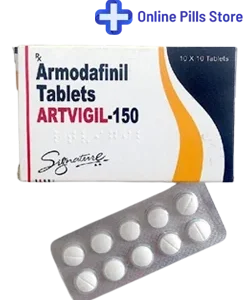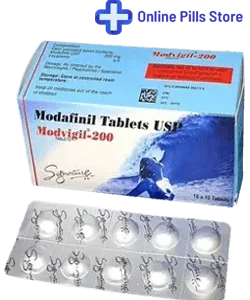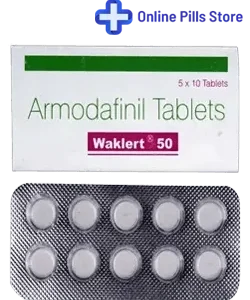Nootropics
Showing all 3 results
Disclaimer
The online Pills Store website is meant to tell our customers about our products and services. The content on the website, including but not limited to our texts, images, and graphics, is for informational and educational purposes only. It should not be substituted for professional medical advice, treatment, or diagnosis. We retail prescription medicines and thus advise all our customers to consult a doctor before getting any medicine or healthcare products mentioned or available on our website.
Copyright © 2024 onlinepillswww . All Rights Reserved.



